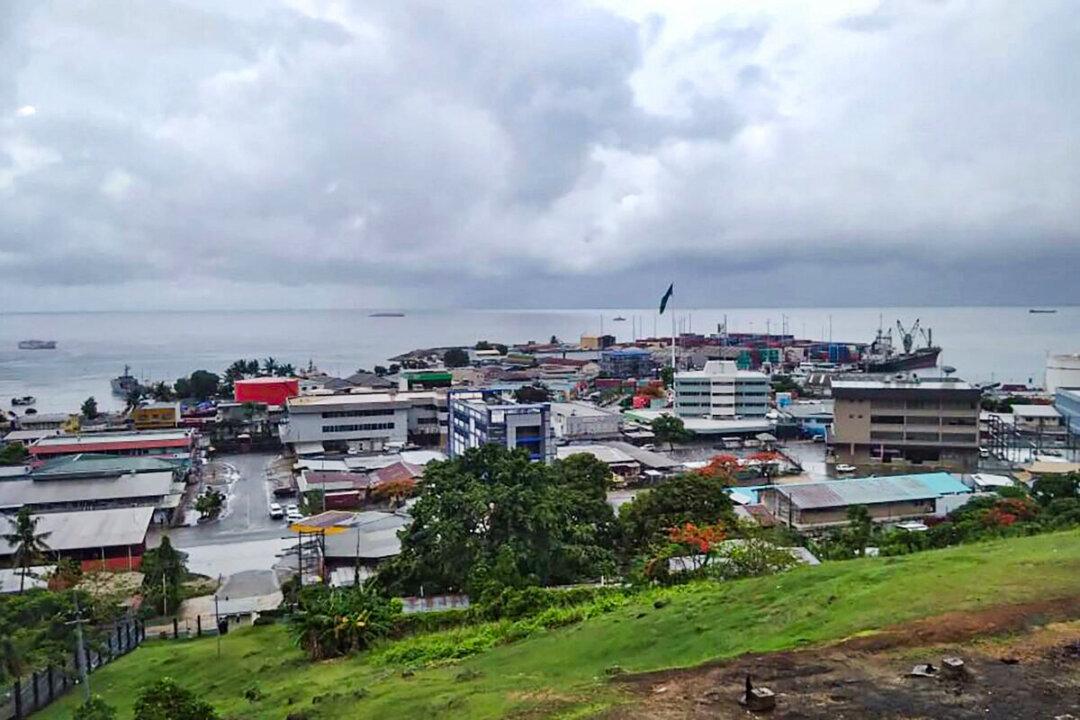Australia’s pacific minister has briefly dropped election campaigning to fly to the Solomon Islands amid anxiety over an impending security deal with the Beijing regime and the recent leak of a Chinese request to import arms into the region.
Minister Zed Seselja is due for talks with Solomon Islands officials on April 13 in the capital Honiara and is due to return the same day.





